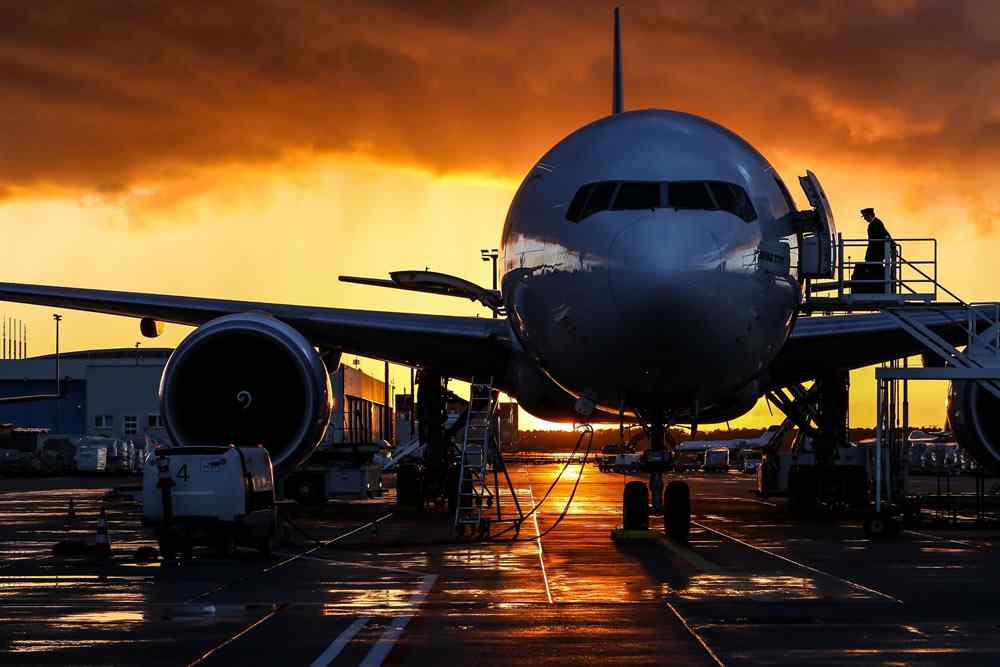The liberalisation of the air cargo industry is ushering in a transformative era for global trade.
By removing outdated regulatory barriers and embracing market-driven policies, the air cargo sector is witnessing tremendous growth, enhanced connectivity, and efficiency improvements.
This evolution opens new doors for businesses across industries, fostering competition, innovation, and economic expansion.
✈️ The Need for Liberalisation
Historically, air cargo operations faced heavy regulations that limited market competition and connectivity.
Liberalisation tackles these challenges by:
-
Encouraging Competition:
Opening the market to private players and foreign investment fosters healthy competition, drives innovation, and lowers costs. -
Enhancing Connectivity:
Removing restrictions on routes and frequencies improves trade flows between major markets, boosting global supply chains. -
Stimulating Economic Growth:
A thriving air cargo sector creates jobs, drives infrastructure development, and strengthens international trade networks.
Key Impacts of Liberalisation
-
Improved Efficiency:
Fewer bureaucratic hurdles mean faster operations and reduced delivery times. -
Cost Reduction:
Increased competition leads to more affordable shipping rates for businesses and consumers. -
Technological Advancements:
Investment in real-time tracking, automation, and innovative handling technologies is growing rapidly. -
Sustainability Focus:
A strong shift toward eco-friendly initiatives, including fuel-efficient aircraft and carbon offset programs.
⚠️ Challenges to Overcome
Despite the many advantages, liberalisation also presents new challenges:
-
Infrastructure Gaps:
Many regions still lack the facilities needed to support expanded air cargo operations. -
Regulatory Harmonisation:
Differing national regulations can cause operational inefficiencies across borders. -
Security Concerns:
Increasing cargo volumes demand stronger security frameworks to protect against emerging threats.
The Way Forward
To fully harness the benefits of liberalisation, collaboration across governments, industry players, and international organizations is essential.
Key priorities include:
-
Investing in infrastructure and customs modernization.
-
Promoting regulatory alignment across countries.
-
Advancing sustainability practices across the logistics industry.
Conclusion
The liberalisation of the air cargo industry marks a major step toward a more connected, efficient global economy.
By encouraging competition, boosting innovation, and modernizing infrastructure, the air cargo sector will continue to fuel the future of global trade.
At The Fulfilment Centre Ltd (TFC), we are proud to stay at the forefront of logistics excellence, helping businesses navigate this exciting new era with trusted, scalable air cargo and logistics solutions.









